Today, one year before the target deadline to ratify the 2012 Cape Town Agreement (CTA), the Global Tuna Alliance (GTA) and Tuna Protection Alliance (TUPA) sent two joint letters on behalf of their members – which comprise of significant global retailers and supply chain businesses – to 32 flag states who supply their members tuna but still need to improve safety at sea for thousands of fishing crews across the world.
The GTA and TUPA identified the 32 flag states who have not ratified the CTA by putting them on either a ‘red list’ or an ‘amber list’. The red list includes countries that have failed to sign the Agreement, whilst the amber list includes those that have signed, but are yet to complete ratification and implement the standards set out by the CTA. This means the 32 countries identified below are not in line with their international commitment to end Illegal, Unregulated and Unreported (IUU) fishing by 2020. IUU fishing poses a massive threat to marine ecosystems, the legal seafood industry, as well as human safety and health.
Red list countries:
| Sri Lanka USA El Salvador Malaysia Solomon Islands Vietnam |
Cabo Verde Greece Mexico Canada Guatemala Senegal |
Thailand Côte D’ivoire Japan FS Micronesia Mauritius Taiwan |
Amber list countries:
| Brazil Fiji New Zealand China Ghana |
Costa Rica Indonesia Papua New Guinea Ecuador Panama |
Maldives Philippines Seychelles Republic of Korea |
The CTA is an international treaty, adopted by the International Maritime Organisation (IMO) on 11 October 2012, concerned with the safety of fishers and observers on vessels of 24m in length and over that operate on the high seas. It includes mandatory safety regulations covering key parameters such as stability and associated seaworthiness, machinery and electrical installations, life-saving appliances, crew briefings, communications equipment, fire protection and fishing vessel construction. It provides a harmonised framework for global fishing safety management and outlines regulations that states must adopt in order to protect fishing crews and observers.
Currently, there are no mandatory global safety regulations for high seas commercial fishing vessels, which leaves workers in a position of risk. Evidence shows that illegal fishing operators or operators that under-report catch do not have adequate on-board safety management procedures in place, and may lack basic safety equipment or fail to abide by vessel modification regulations. The pressing need to help protect seafarers was brought to light during the COVID-19 pandemic, where crews were stranded at sea for prolonged periods of time. These workers have a right to be free from exploitation and urgently need the protection the CTA can provide.
The Agreement is expected to improve the safe working conditions for workers on fishing vessels, who are not currently covered by global safety standards. It is expected to enter into force on 11 October 2022, which marks the 10-year anniversary of its adoption. But it will only come into force 12 months after at least 22 States, with an aggregate fleet of 3,600 eligible fishing vessels operating on the high seas, ratify it.
The GTA and TUPA are two independent groups of highly influential retailers and tuna supply chain companies who are both committed to ensuring that tuna ultimately meets the highest standards of environmental performance and social responsibility. Together, they purchase over $1.3 billion of tuna per year and crucially, one or more of their partners source tuna from the countries identified on either the red and amber lists.
The CTA is a key priority within the GTA’s 5-year strategic plan and along with TUPA, are calling for their partners’ supply chains to implement standards that align with the measures outlined in the Agreement. Together, their partners are appealing for these key countries to make safety at sea a priority by taking the steps necessary to ratify and fulfil the requirements set out by the CTA – before it’s too late.
